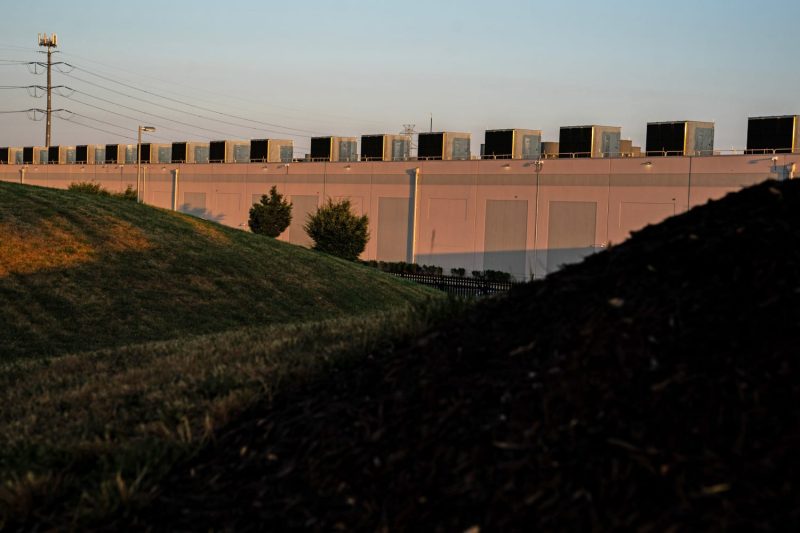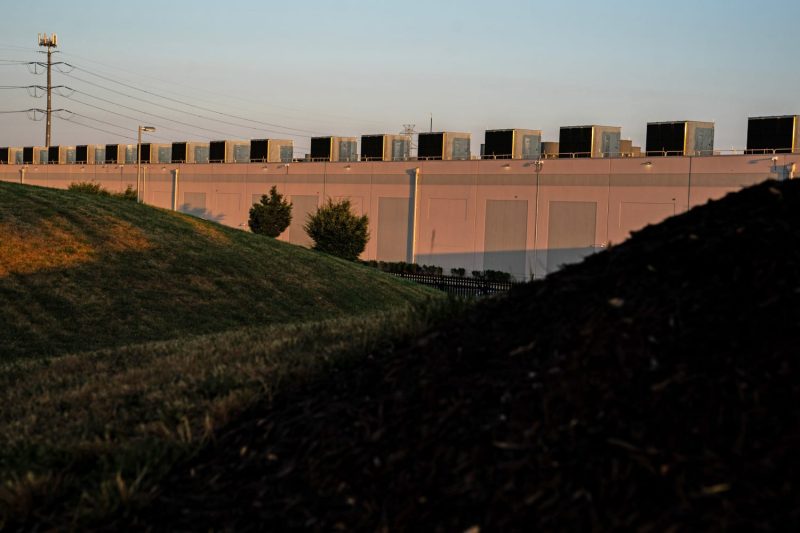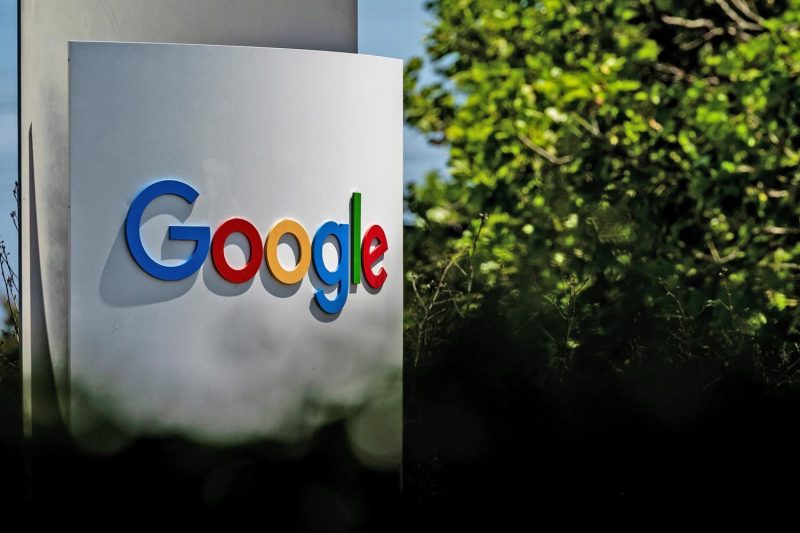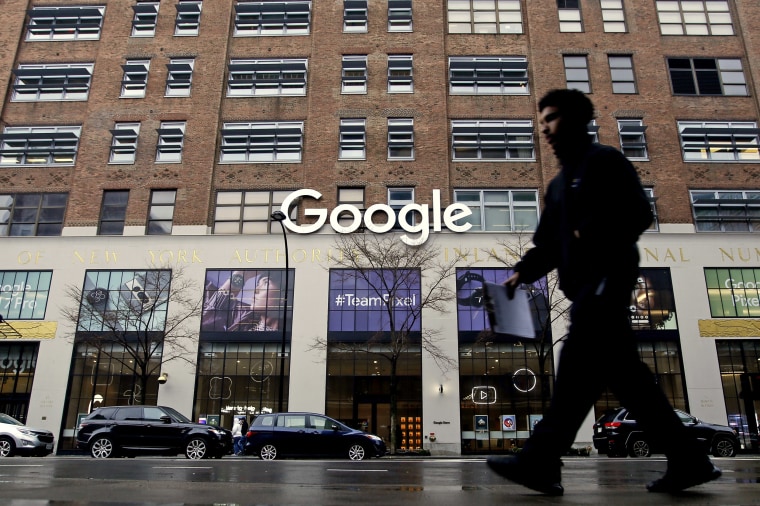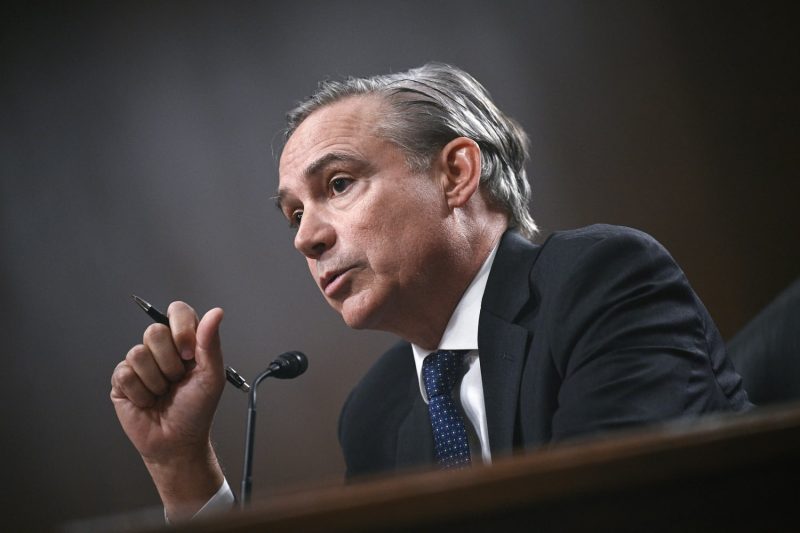
If President Donald Trump’s 145% levy against imports from China holds, Hasbro estimates it could see as much as a $300 million hit to its bottom line.
The toy maker posted better-than-expected earnings on Thursday, but investors and analysts were more focused on the ongoing trade war Trump’s White House has waged against the toy industry’s biggest manufacturer.
Hasbro maintained the full-year guidance it issued last quarter, citing the uncertainty of the current tariff environment.
“Our forecast assumes various scenarios for China tariffs, ranging from 50% to the rate holding at 145% and 10% for the rest of world,” said Gina Goetter, chief financial officer and chief operating officer at Hasbro, during Thursday’s earnings call. “This translates to an estimated $100 million to $300 million gross impact across the enterprise in 2025. Before any mitigation.”
CEO Chris Cocks said during the company’s earnings call that “while no company is insulated, Hasbro is well positioned,” noting the company’s unchanged guidance is “supported by our robust games and licensing businesses and our strategic flexibility.”
“Prolonged tariff conditions create structural costs and heighten market unpredictability,” he said, adding, “ultimately tariffs translate into higher consumer prices.”
Cocks also warned of “potential job losses as we adjust to absorb increased costs and reduced profit for our shareholders.”
The company’s U.S. games business benefits from digital and domestic sourcing, as many of its board games are made in Massachusetts. Its Wizards of the Coast division, which includes Magic: The Gathering and Dungeons & Dragons, has a tariff exposure of less than $10 million, Cocks said, as much of the domestic product is made in North Carolina, Texas and Japan.
The company’s toy segment faces higher exposure, as a larger portion of those goods are made in China. Cocks said the company is exploring options for moving its supply chain to other countries.
“Some of that, though, comes with the cost,” he said. “When we manufacture board games in the U.S., it is significantly more expensive to manufacture here than it is in China.”
He added that the company can shift the sourcing of Play-Doh, for example, from China to its factory in Turkey. Under that scenario, Turkey manufacturers would redirect shipments from Europe to the U.S. and Chinese factories could fill in to supply the European market.
Other products are more difficult to triage, especially those that include electronics, high end deco and foam components, Cocks said.
“China will continue to be a major manufacturing hub for us globally, in large part due to specialized capabilities developed over decades,” he said.
Goetter said that much of the manufacturing changes would be seen in 2026 and are dependent on if those countries already have the capabilities and infrastructure in place to make certain products.
Hasbro is also accelerating its $1 billion cost savings plan in an effort to offset tariff pressures, but noted that price hikes are unavoidable.
“We are going to have to raise prices inside of 145% tariff regime with China,” Cocks said. “We’re just trying to do it as selectively as possible and minimize the burden to the fans and families that we serve.”
Both Goetter and Cocks admitted that Hasbro’s plans are flexible and will change as the tariff situation evolves. The company is hopeful for a “more predictable and favorable U.S. trade policy environment.”
“We’re trying to play both defense and offense at the same time,” Goetter said.





